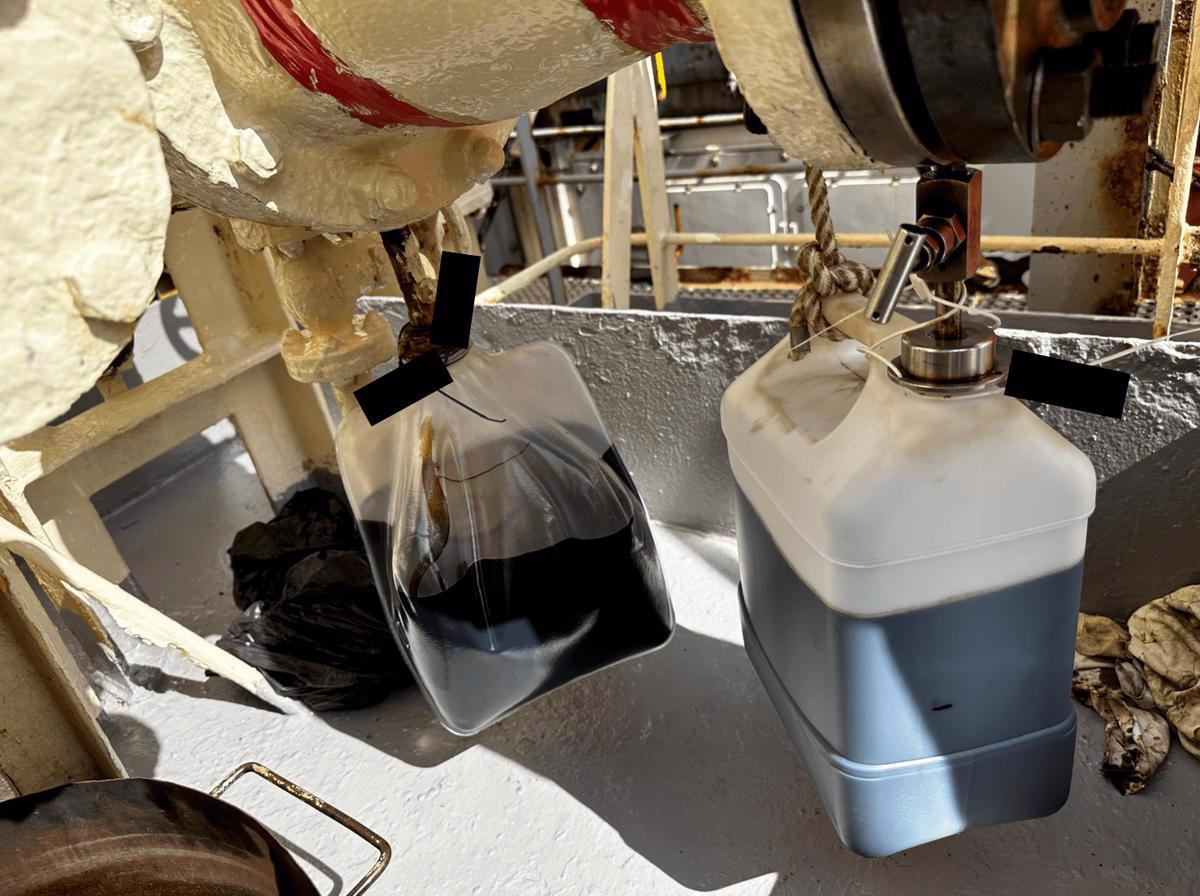High UCO prices could increase virgin oil blending in biofuels
As demand for used cooking oil (UCO) in biofuel blending increases, some UCO suppliers could be tempted to sell virgin oil as UCO, a report from US non-profit International Council on Clean Transportation (ICCT) argues.
 PHOTO: Biofuel sampling conducted by a surveyor during a biofuel pilot project. GCMD
PHOTO: Biofuel sampling conducted by a surveyor during a biofuel pilot project. GCMD
The report highlights that UCO biofuel blending demand has increased dramatically over the past years. Historically, UCO has come from animal feedstocks and been used in the food processing sector, but these volumes are gradually being diverted more towards biofuel blending, it says.
Policy measures such as California’s low carbon fuel standard (LCFS) and the EU’s Renewable Energy Directive II (RED II) have incentivised more UCO-based biofuel blending, ICCT asserts.
RED II aims to increase biofuel production from sustainable feedstocks such as waste residue or UCO. According to a study by consulting firm CE Delft, the EU's demand for UCO is expected to double from levels of 2.8 million mt/year in 2019, to 6.2 million mt/year in 2030.
High UCO demand could push its prices up to the levels of virgin oils. This could increase "fraud risks", wherein suppliers could blend virgin oil into UCO to increase its output, the report states.
Since virgin oils used for local consumption are being diverted for biofuel production, this undermines the idea of sustainable biofuel. ICCT says it is possible to prevent UCO adulteration by constantly monitoring the biofuel supply chain.
By Nithin Chandran
Please get in touch with comments or additional info to news@engine.online






